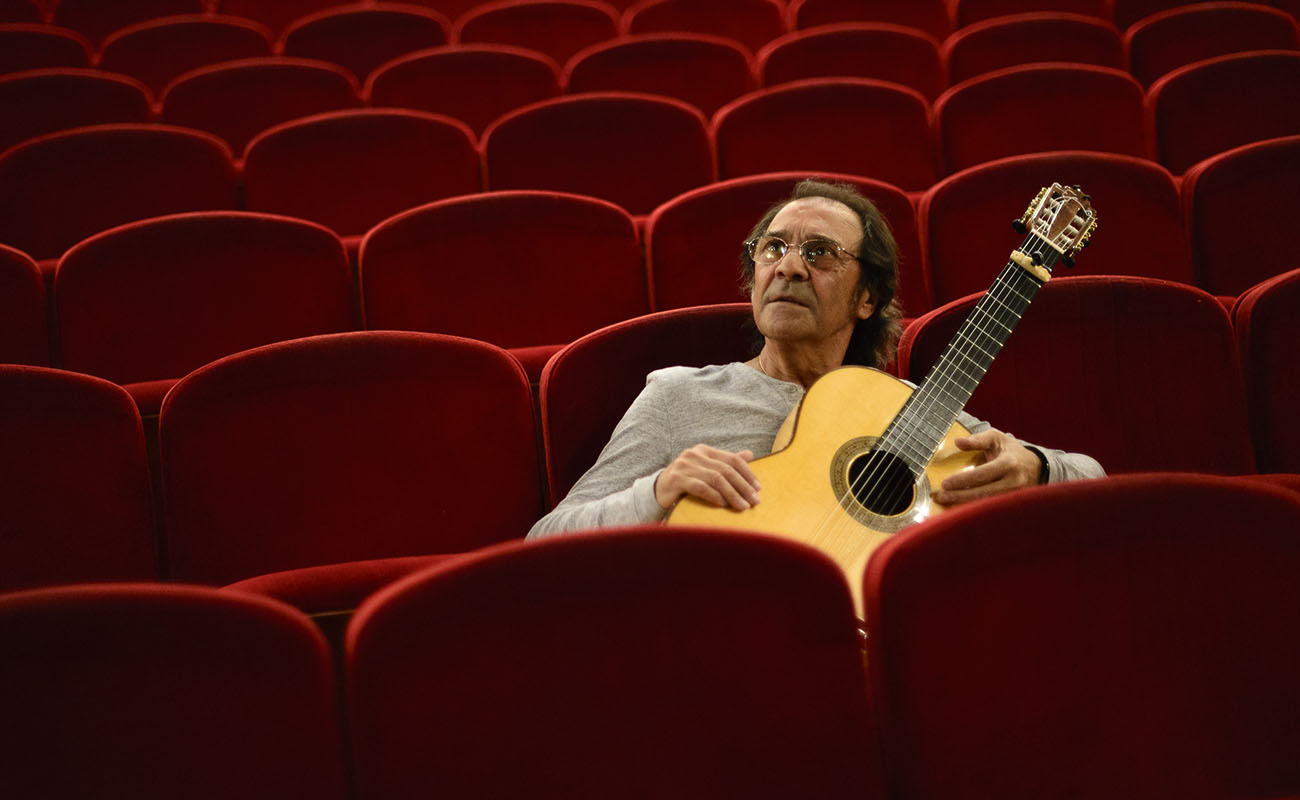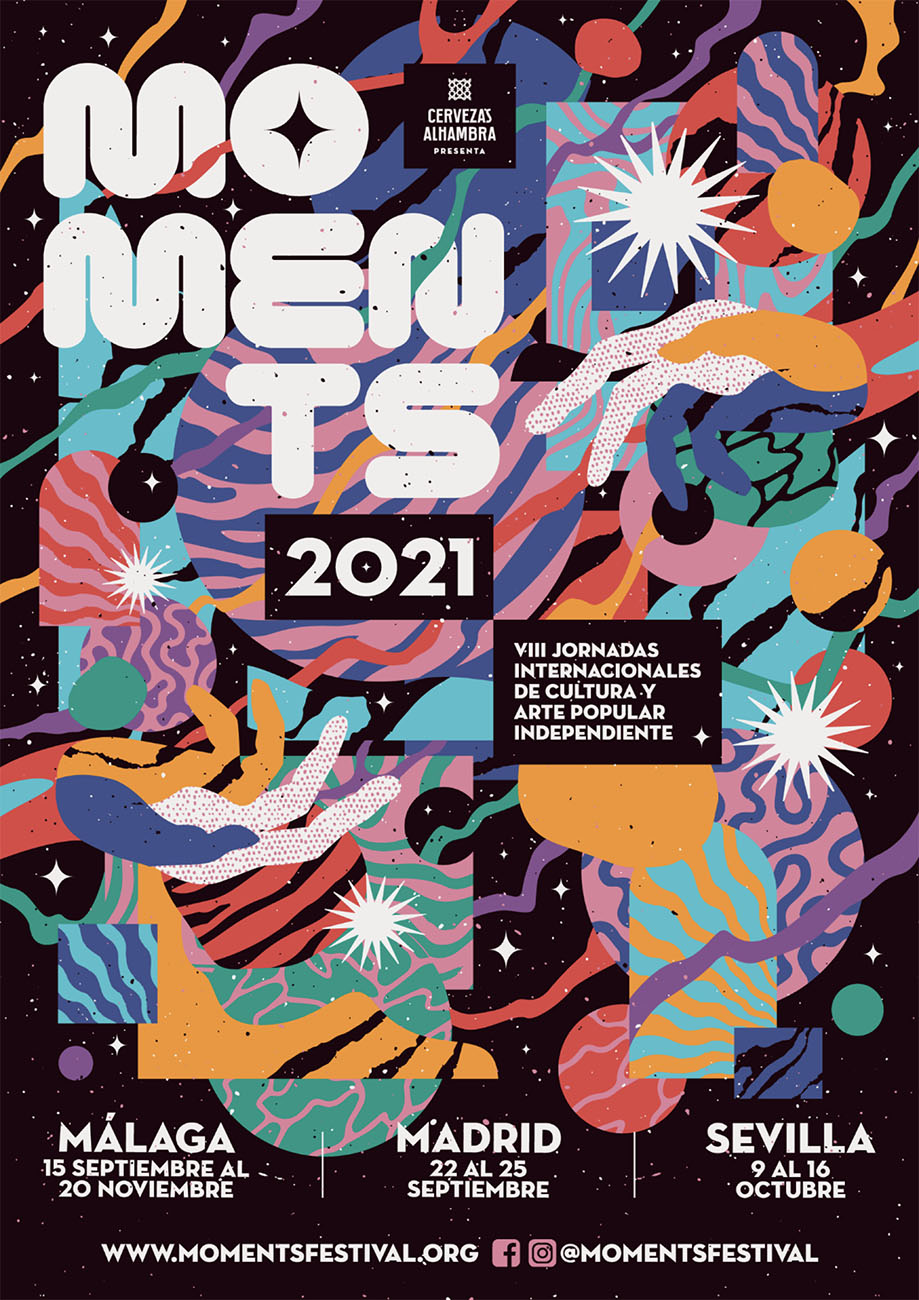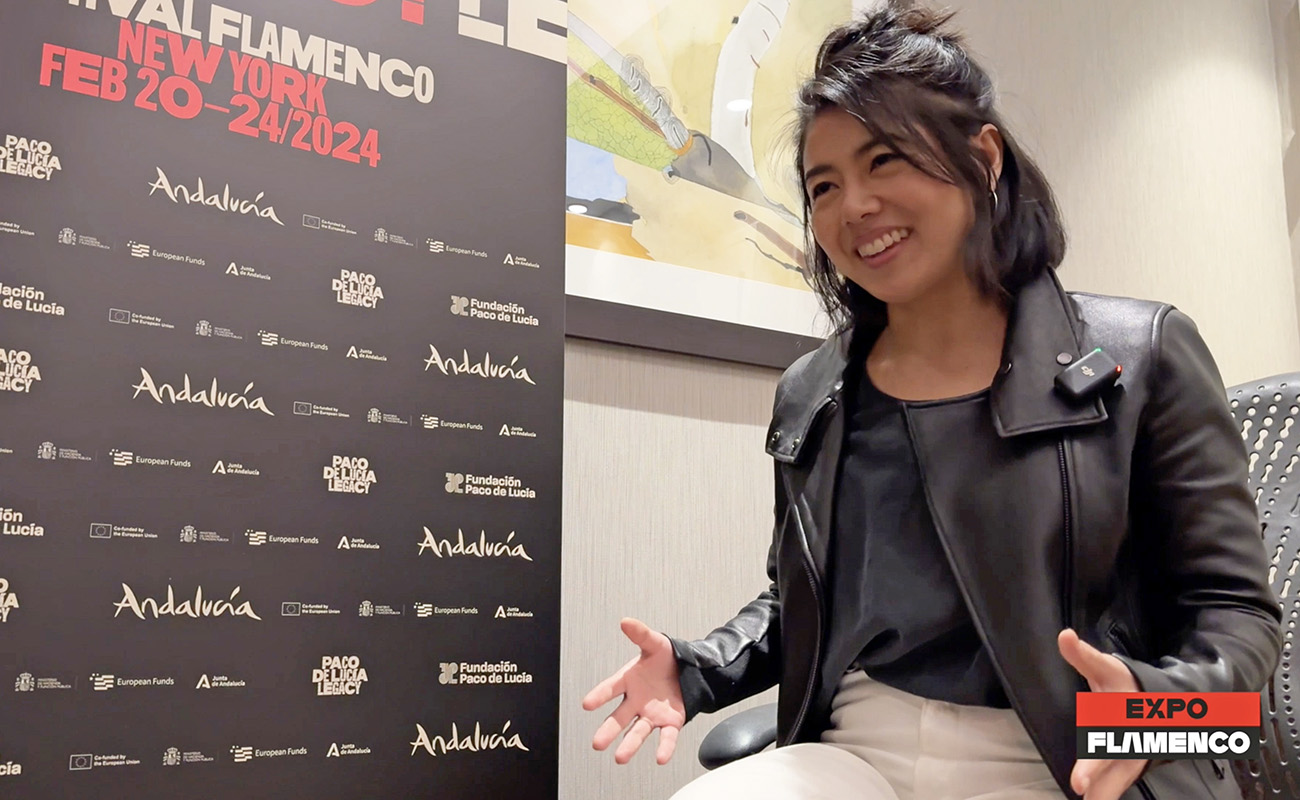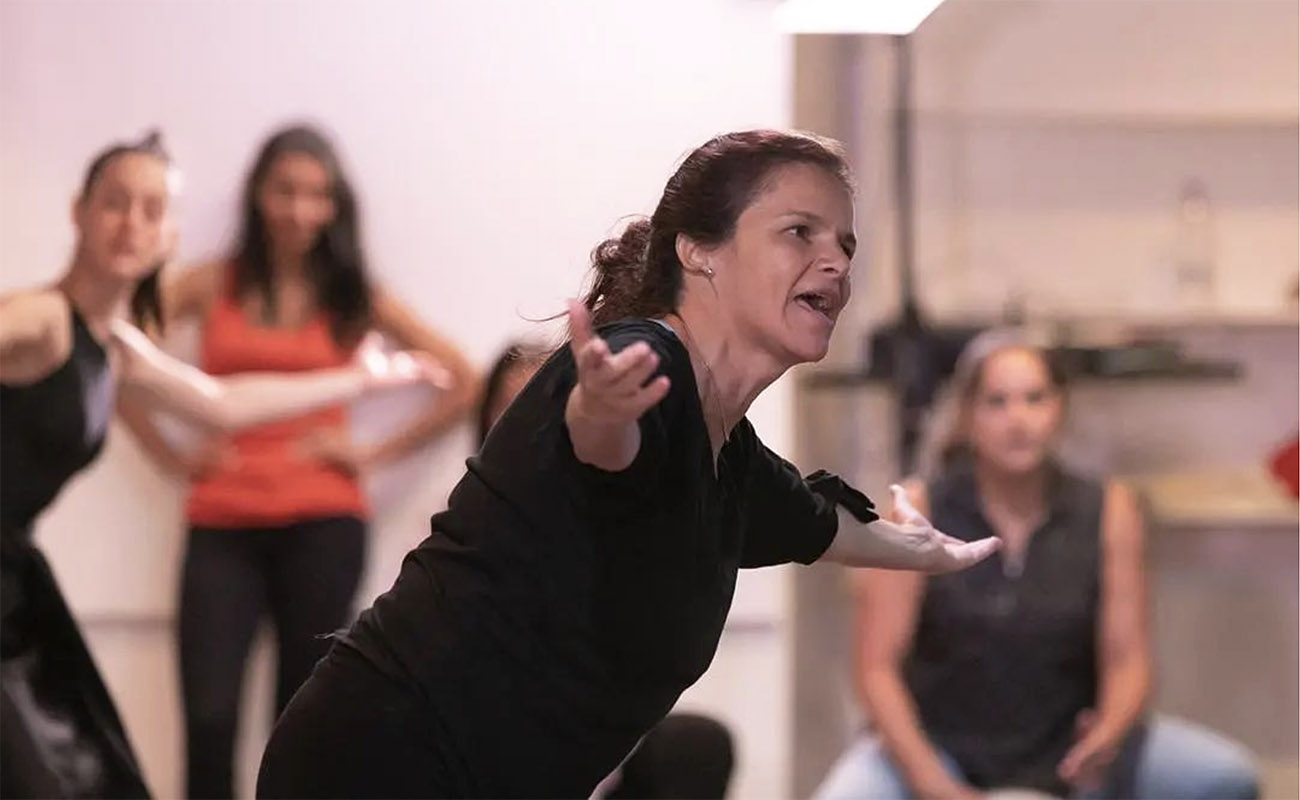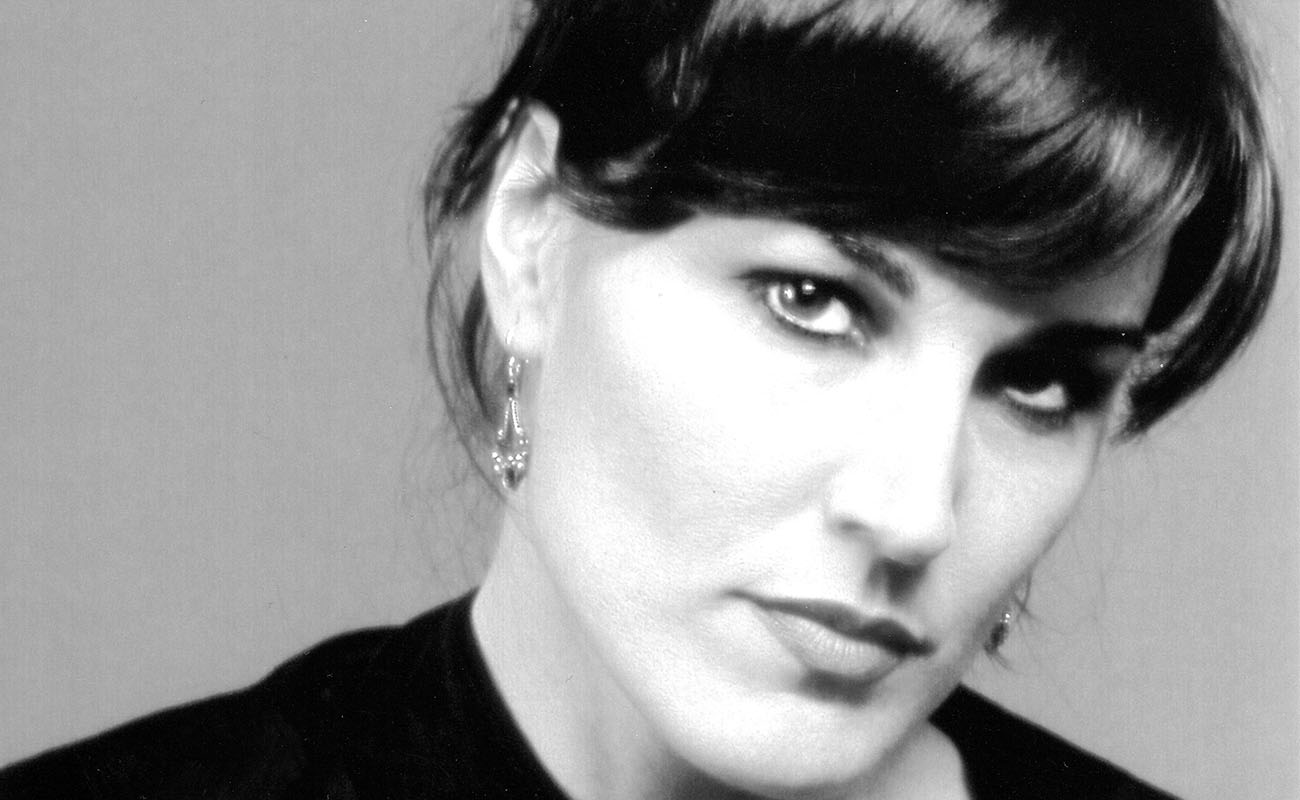Pepe Habichuela: “Old flamenco is where the real flamenco is”
The veteran guitarist has received Moments Festival’s recognition for playing a crucial role in the revolution of jondo and being a living witness of the history of contemporary flamenco…
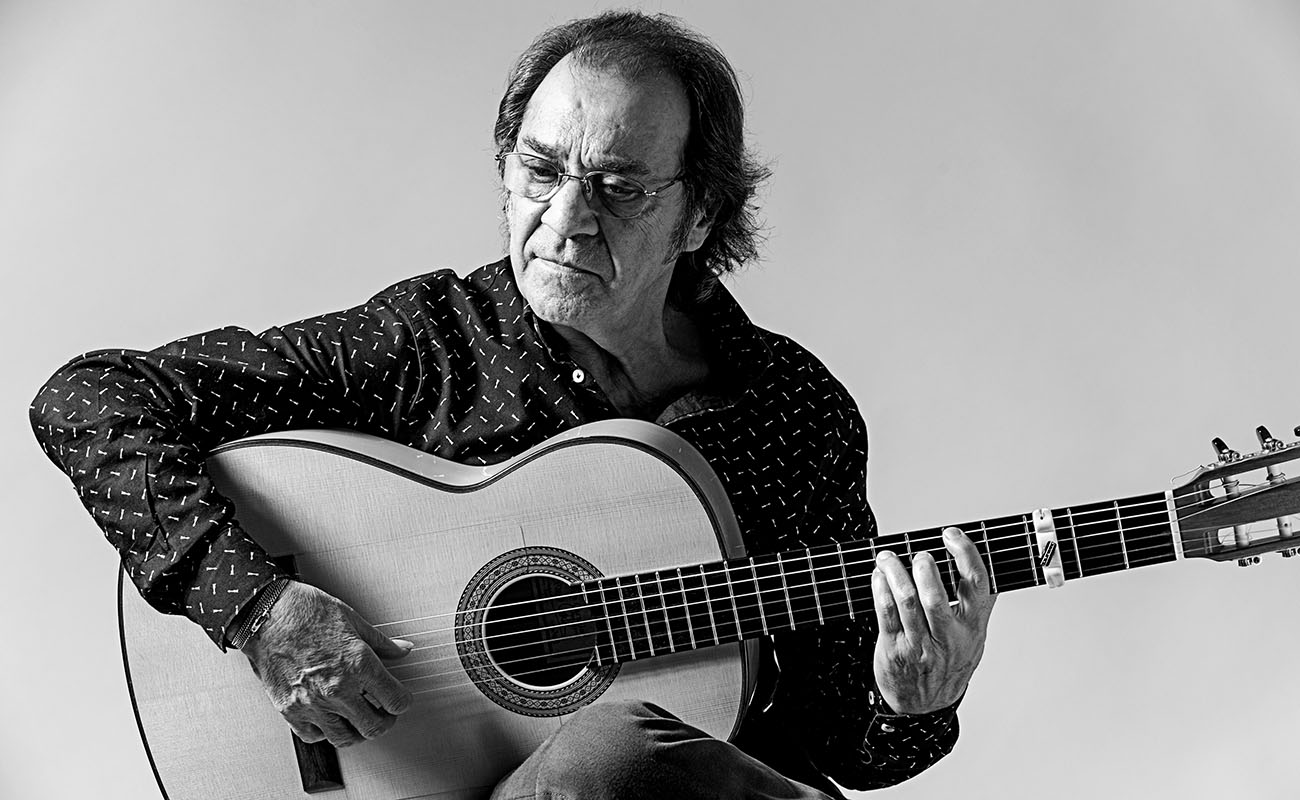
The guitar veteran José Antonio Carmona Carmona (Granada, 1944), otherwise known as the maestro Pepe Habichuela, is making news these days having received the Moments Prize, awarded by the festival of the same name – the 8th Independent International Popular Art and Culture Festival – in recognition of his contribution to Spain’s countercultural scene. This event, by the way, will extend his appearances during the autumn to the cities of Madrid, Sevilla and Málaga. He happily takes it on. ‘Yes, it could be true what they say about me’, he admits.
The gold medallist for Merit in the Fine Arts (2019) and grandson of Habichuela El Viejo started playing the guitar in the Sacromonte caves as a child. At 15 years old he went to Madrid to replace his brother Juan, who had set sail for the Americas, at the Torres Bermejas flamenco venue. ‘I only took a plastic bag with a suit, some shoes, a tortilla and a loaf of bread in it’, he revealed in the documentary The Flamenco Clan: Herencia flamenco, directed by the German Michael Meert. It was there that he played with the greats: Marchena, Valderrama, La Paquera, Fosforito, Camarón y Enrique Morente. His discography includes A Mandeli (1983), Habichuela en Rama (1997), Yerba Güena (2001) and Hands (2010). He also recorded the album Homenaje a Chacón (1976) alongside Enrique Morente, which won the National Record Prize.
Pepe Habichuela’s prizegiving will take place on Friday 24th September in the Roca Gallery (José Abascal 57, Madrid) at 7pm, where the guitarist will be in conversation with the cultural journalist Gómez Gufi. Following the discussion, the ‘Nuevos medios. Ética y Estetica’ exhibition will be opening, a collection of more than 40 record covers from the legendary label created in 1982 by Mario Pacheco and Cucha Salazar.
– The great independent culture event, Moments Festival, is awarding you their greatest honour. The organisers highlight that you have been instrumental in the revolution of jondo and are a living witness of the history of contemporary flamenco. Do you recognise yourself in such descriptions?
– I’m very pleased to be receiving this prize, which has been awarded to other very important artists. They are recognising the evolution of my career. I’ve been playing the guitar since I was 14 or 15 years old, and now I am seventy seven. That’s what I’m proud of: to still be up on stage playing at my age. Guitar is my passion. And yes, it could be true what they say. I’ve played with great international musicians – Dave Holland, Jaco Pastorius, Don Cherry…with great singers from the 50s, 60s and 70s. I do believe I’ve contributed many things to flamenco. It’s wonderful that even in 2021 they are recognising my journey through the flamenco stages.
– Do you also feel that recognition from your peers? In the profession.
– I think so, yes. The flamencos respect me, because I’ve worked hard in this art. And I’m still standing.
– You played to everyone.
– Yes, everyone. Everyone who is no longer here: Valderrama, Morente, Camarón, Marchena…and now I am playing to all of the young people. That’s really nice for me. Today’s youngsters play my falsetas. That’s hugely satisfying. They recognise my worth.
– Will there ever be another partnership of artists as great as the one to which you lent your guitar?
– It’s difficult for people to reach that status. I learned a lot from older people.
– Like now they learn from you.
– Indeed. Young people learn from artists of my age. From me and my brother Juan and our flamenco guitars. The granaínas guitars we’ve played all our lives.
– I read a wonderful phrase which you gave in an interview: that the singers you played with were doing ‘new but old’ flamenco. Is there any of that now?
– I think so, yes. Now there are young artists who sing very well, and young guitarists who play very well. I think this is a very beautiful time for flamenco.
– Could you name any new guitarist in particular?
– There’s lots of people. My son Josemi Carmona is a brilliant musician. There’s Diego del Morao, Antonio Rey…there’s a load of young people playing the guitar really well. Extraordinary performances.
– You had Enrique Morente by your right side for thirty years. Let’s talk about him.
– That’s right. Since the 70s we were together travelling in and outside of Spain. I learned a lot from him. He was a flamenco singing genius.
– There aren’t many geniuses, are there?
– Not anymore. There used to be lots: Manolo Caracol, Marchena, Valderrama, Camarón, Morente…they were eternal geniuses.
– What are flamenco geniuses like?”
– They are connoisseurs of all of the flamenco palos and have great passion. Morente and Camarón would go to villages to hear older people sing. One learns there.
– Has being the father of one of the members of Ketama allowed you to always view flamenco fusion with respect?
– They have their place in the flamenco world. They’ve made 20 records and revolutionised music. They are also children of flamenco, they’ve learned from pure flamenco. Then they went their own way, Ketama’s way, and made an impact. They’ve been an important group in Spain.
– The musicologist Faustino Núñez recently wrote a reflection on modernity on this website. In his words, the avant-garde is one thing and butchering the soleá is another.
– Ole! It’s true, it’s true. Faustino is a phenomenon. I have also played seguiriyas with double bass by Dave Holland and trumpet by Don Cherry. And you always learn. The great international musicians go crazy for flamenco. But yes, many people make flamenco fusions for the sake of it. To each his own conscience. But to make flamenco fusion one must know all the laws of flamenco.
– I’m going to quote another recent statement, this time from the maestro Paco Cepero. Our director, Manuel Bohórquez, interviewed him some weeks back in his house in Jerez. At one point, Cepero said that Paco de Lucía had learned the soniquete from him.
– I had heard something about that. Man, I wouldn’t have said those things. That man was a genius. Number one in the world. He wasn’t lacking anything, he had it all. It’s all nonsense.
– Flamenco guitarrists, like singers, chase duende (magic). Is it so hard to find?
– Duende (magic) is something very rare. It either comes or it doesn’t. When it’s there, you feel at ease and beautiful things happen without even realising. And you don’t even remember them.
– Have you been criticised much for playing the guitar for the odd unorthodox artist? Those stars on the balcony in Pamplona…
– I’ve never made a mistake about that. For example, I’ve done things with Ojos de Brujo. You go and learn with those people. It’s fine.
– What would you say from the lectern when collecting your award to the fans of jondo singing?
– That they listen to old flamenco. Mature flamenco. That’s the foundation. That’s where we’ve all learned, from our elders. That’s real flamenco.
Images of Pepe Habichuela: provided by Edere Comunicación
Translation: Lauren Bleakley


